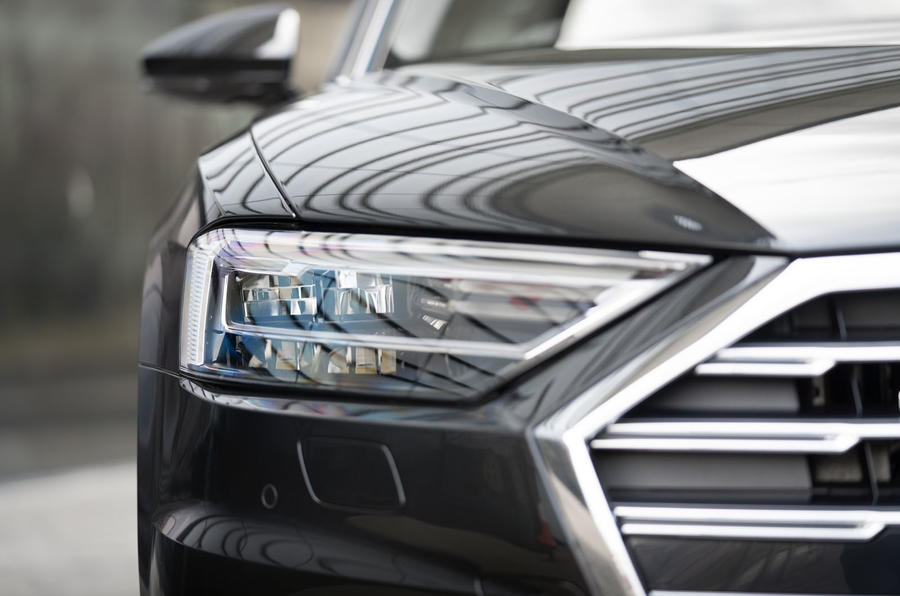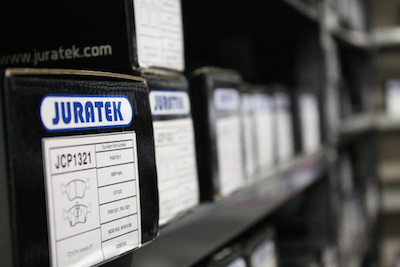Overseas’ and EU regulations has seen a range of old and new braking technologies come into play, writes Daniel Moore

The steady growth of the UK parc along with VMs’ consistent goal to downsize engines in line with emission laws, has contributed to numerous technologies being changed on the vehicle’s braking system.
EMISSION LAWS
There is a law that will soon be introduced in the US, which bans the use of chopped copper wire as a binding agent. There’s a perfectly good reason for this: Jonathan Allen, Motorparts Regional Manager at Federal- Mogul, explains: “Heavy metals build up in the water table. You can’t just remove copper from a component for one state or one country, it applies to a vehicle platform on a global basis where the copper has to be progressively removed from the brake pads”.
Federal Mogul removed copper from its pads some years ago, before the threat of legislation had become real, as had Delphi. SJ Sarkar, a Manager for Braking at the firm, “We have removed the copper from our brake pads, years ahead of the 2025 legislation but whilst still meeting the same rigorous safety standards” he said. “Our new formulation offers improved fade performance, and unlike some other brands, retains all its life too”.
It almost goes without saying that it is fundamental for brake manufacturers to conduct test protocols to evaluate the strength and performance of the replacement part, making sure it measures up to a prescribed tolerance of 15 percent of the OE part it’s replacing. Julie Boardman, Product Manager at Quinton Hazell, elaborates: “Any references introduced to the aftermarket from 1st November 2016 are now subject to this approval and our Quinton Hazell brake disc suppliers are 100 percent committed to this”. Dr. Keith Ellis, a Braking Director at Comline points out that R90 will no longer just apply to pads. “R90 regulations will become applicable to brake discs in the very near future, and Comline is already well down the line in certifying its product range. Again, as with pads, each disc is put through a uniform set of tests to guarantee the quality of
the product” he said, adding that all brands would take time to be fully compliant.
CORROSION PROTECTION
Of course corrosion is inevitable, but workshops can apply metal-free greases to prolong the service life of old and new brake parts entering the market as Scott Irwin, Technical Manager of Mintex highlights, “We can counteract corrosion by using a metal-free grease like Ceratec and apply it to the moving parts such as the calliper sliders and pads abutments.” He continued: “We can also stop the build up of corrosion by applying the grease to the underside of the abutment shims once the pad carrier has been cleaned down”. With the new standards and suppliers using different methods of producing high- quality products, the stage is set for a range of improved products that motor factors can tell their customers about.










Go to comments